Question And Answer
Publications
Articles, publications, books, tools and multimedia features from the U.S. Institute of Peace provide the latest news, analysis, research findings, practitioner guides and reports, all related to the conflict zones and issues that are at the center of the Institute’s work to prevent and reduce violent conflict.
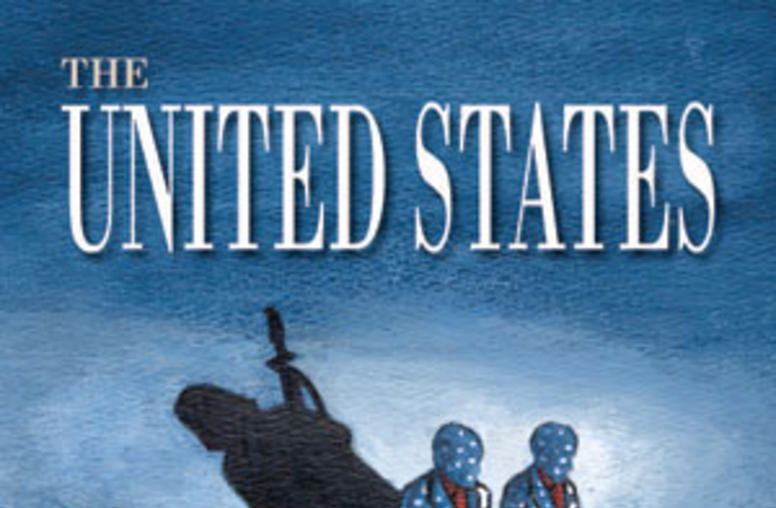
United States and Coercive Diplomacy
With increasing frequency, U.S. leaders look to achieve their foreign policy goals by marrying diplomacy to military muscle. Since the end of the Cold War, "coercive diplomacy"—the effort to change the behavior of a target state or group through the threat or limited use of military force—has been used in no fewer than eight cases.
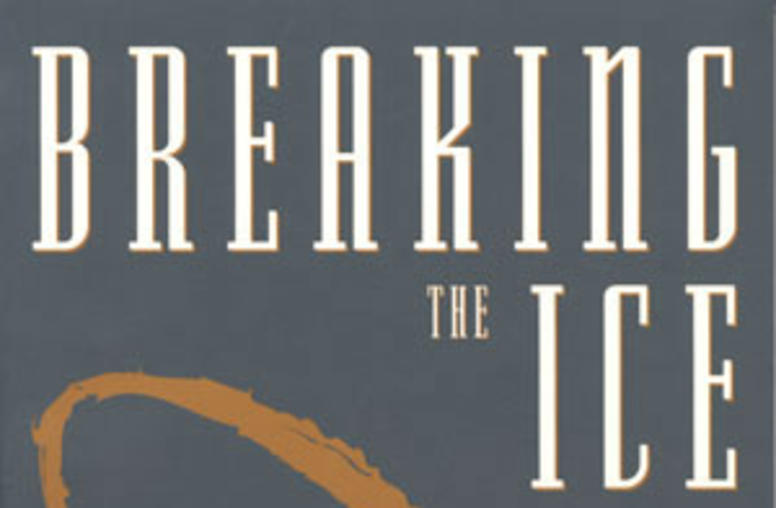
Breaking the Ice
Rapprochement Between East and West Germany, the United States and China, Israel and Egypt
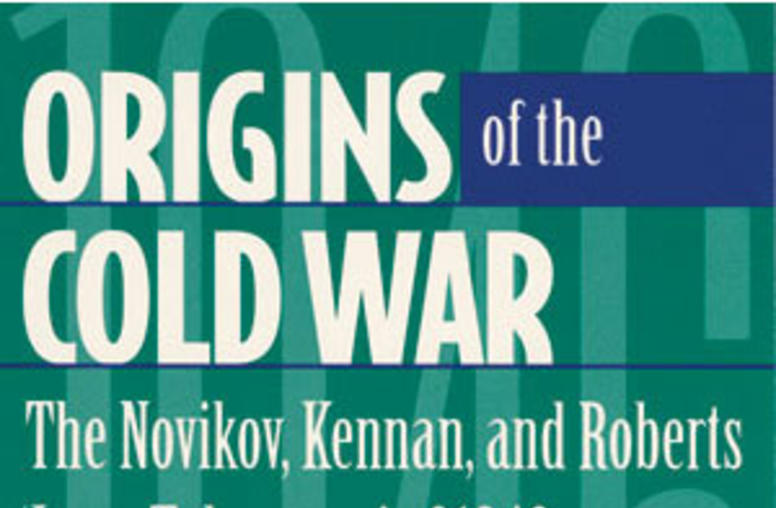
Origins of the Cold War
The Novikov, Kennan, and Roberts 'Long Telegrams' of 1946
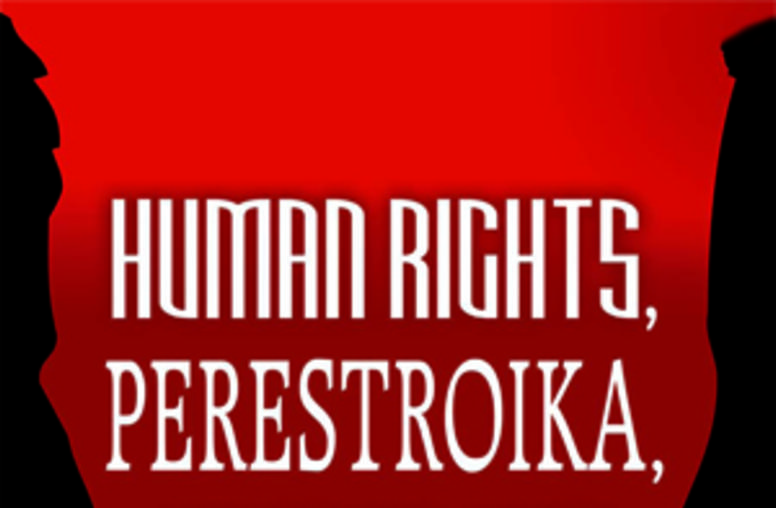
Human Rights, Perestroika, and the End of the Cold War
A diplomatic memoir unlike any other, this volume takes the reader behind the scenes on both sides of the Cold War as two men form an unlikely partnership to help transform Soviet-American relations.
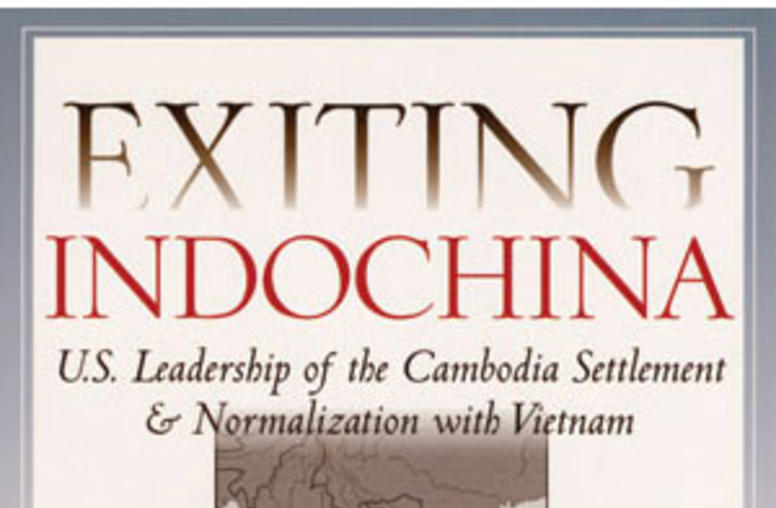
Exiting Indochina
This book recounts the diplomacy that brought an end to great power involvement in Indochina, including the negotiations for a UN peace process in Cambodia and construction of a “road map” for normalizing U.S.-Vietnam relations.
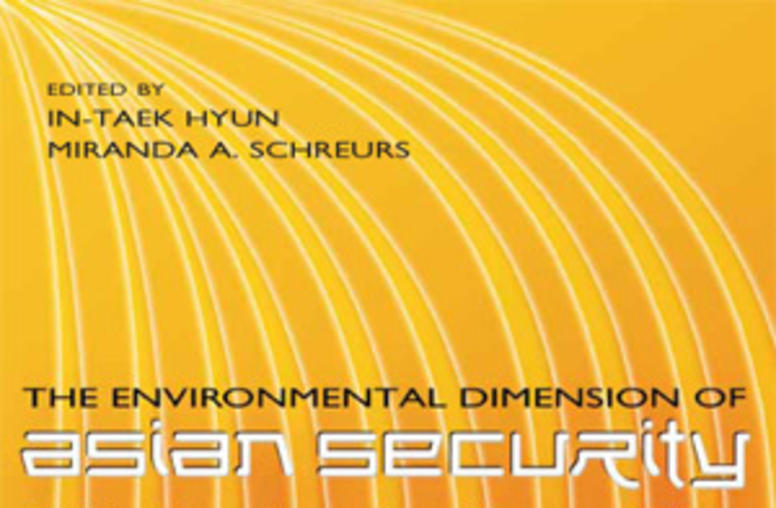
The Environmental Dimension of Asian Security
Examines a host of critical environmental and resource issues through a “regional environmental security complex” that explores the potential for greater intersubjective understandings of regional environmental and natural resource problems and greater institutional collaboration and management.
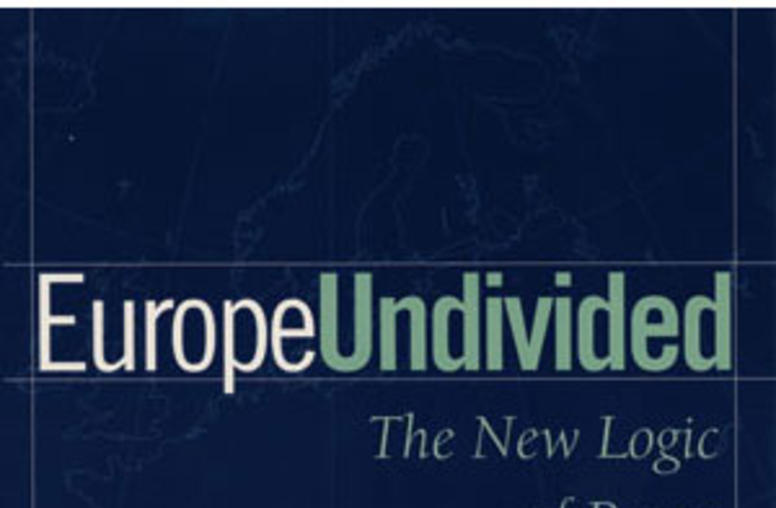
Europe Undivided
Can Russia and the United States really move beyond their bitter Cold War rivalry to a genuinely cooperative relationship?
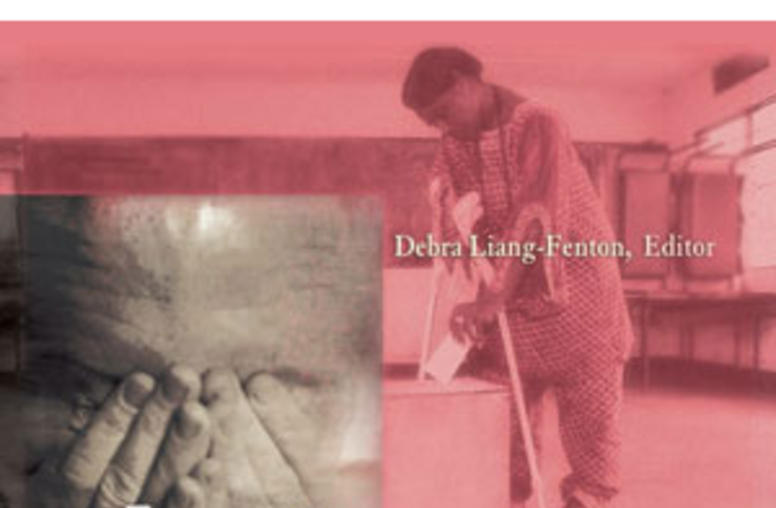
Implementing U.S. Human Rights Policy
Since the 1970s, the promotion of human rights has been an explicit goal of U.S. foreign policy. Successive presidents have joined with senators and representatives, hundreds of NGOs, and millions of ordinary citizens in deploring human rights abuses and urging that American power and influence be used to right such wrongs.
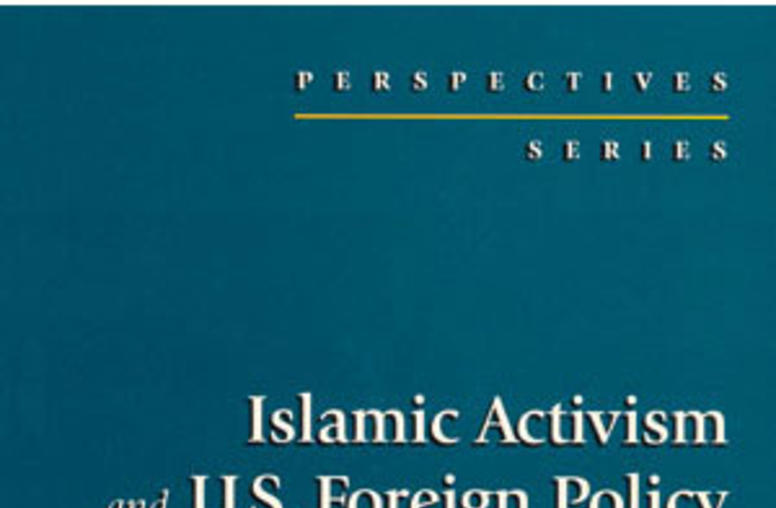
Islamic Activism and U.S. Foreign Policy
For many in the West, political violence in Algeria, the Middle East, and elsewhere has come to symbolize the threat of “Islamic activism.” Terrorist attacks such as the bombing on the World Trade Towers have solidified this view. Western governments, however, must deal with the challenge of extremism in the broader context of their relations with diverse states with contrasting histories, geographies, and peoples.
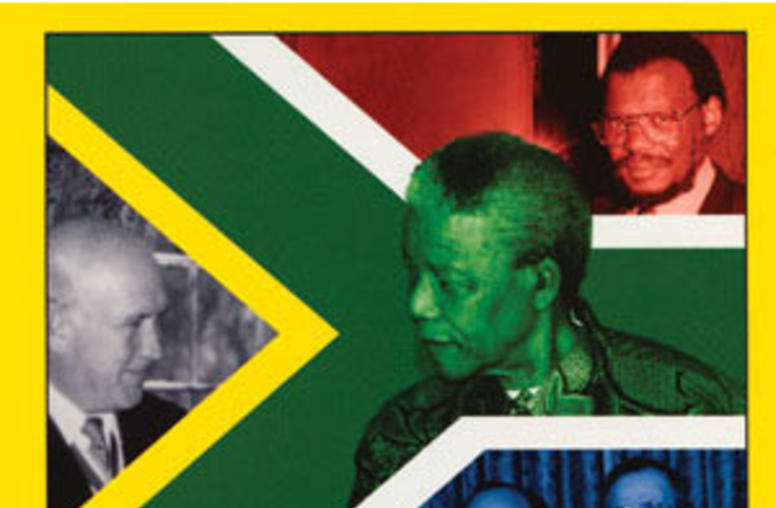
Partner to History
A remarkable book about a remarkable time, Partner to History reveals the role played by U.S. diplomacy in South Africa's surprisingly successful transition from apartheid to democracy.